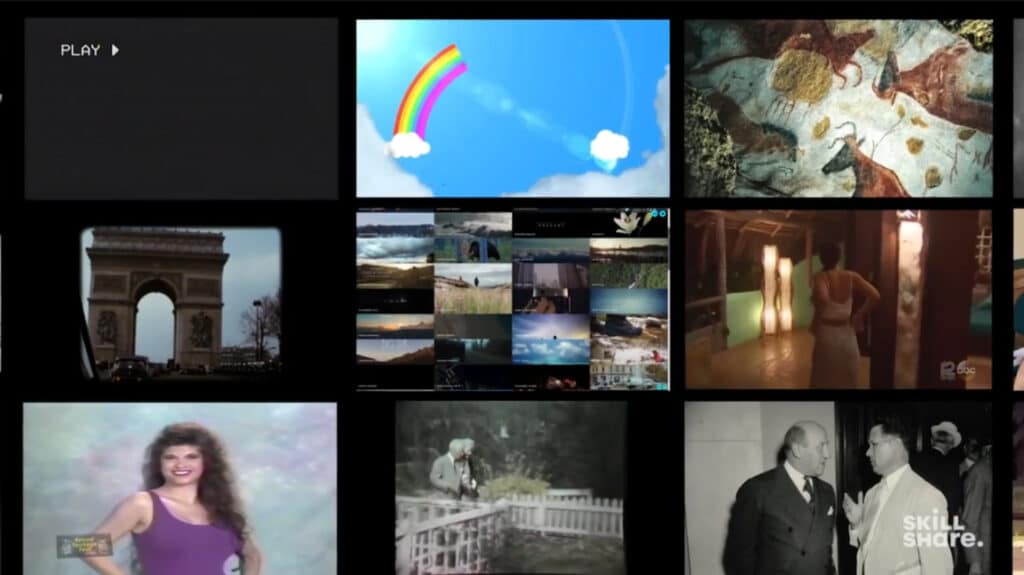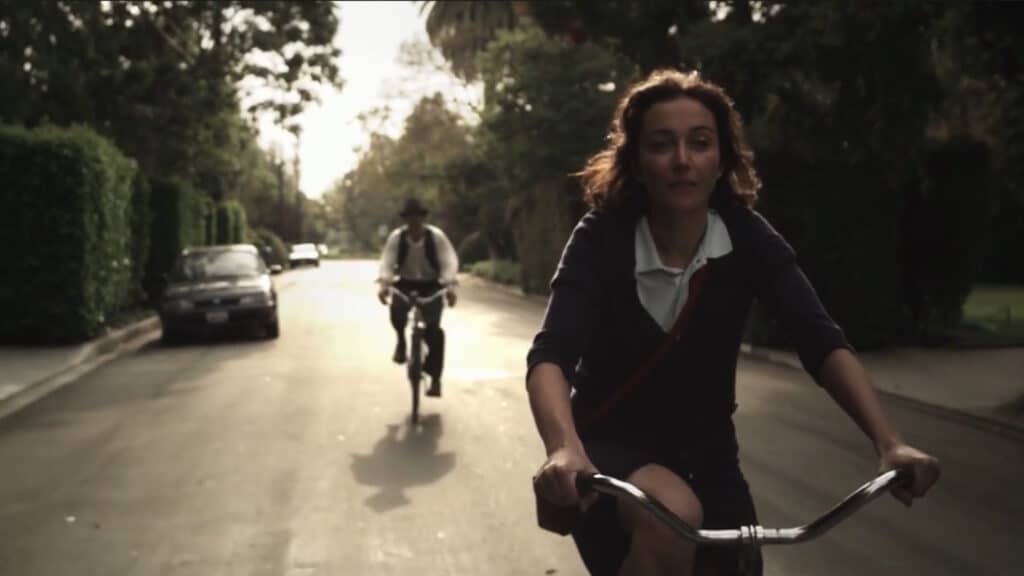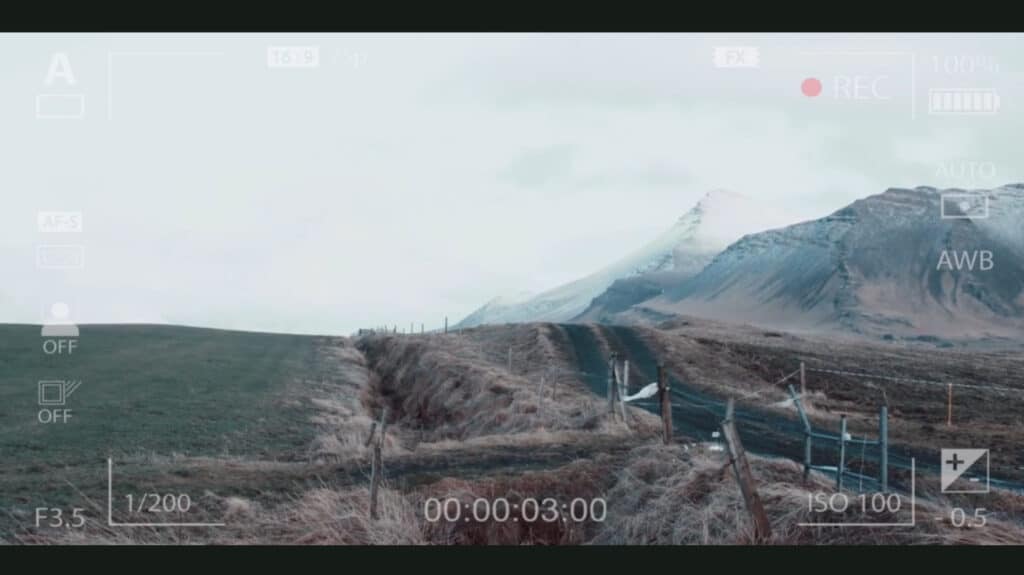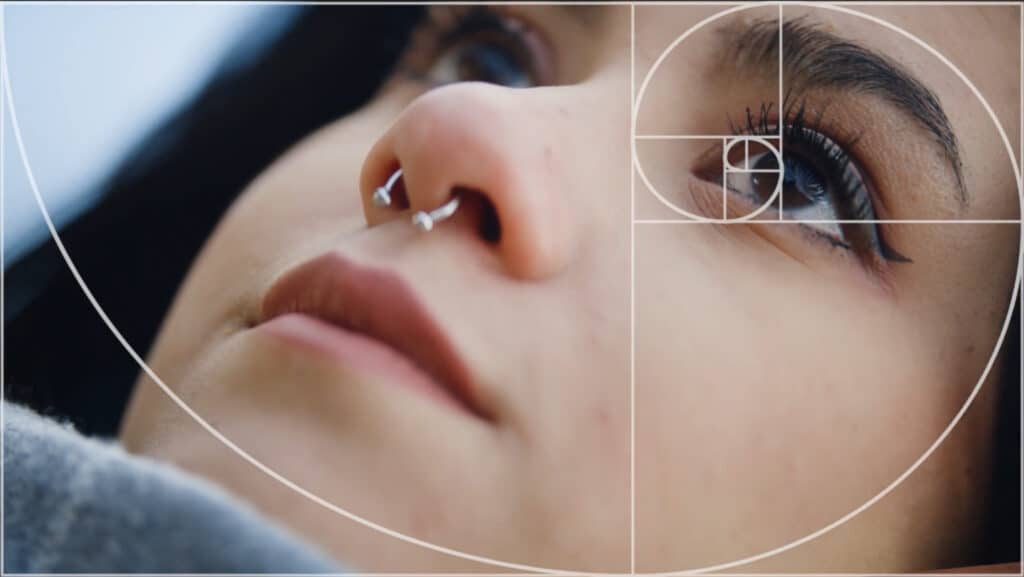The Remake Era: Is Creativity Looking Backward?
Discover why remakes dominate entertainment, the best (and worst) examples and what the remake era means for creativity and the future of storytelling.
You've probably noticed that the movie, gaming and television industries are in an era of remakes, reboots and reimaginings. From blockbuster films to beloved video games, studios are increasingly turning to existing properties rather than going all-in on original ideas. Some of these remakes successfully breathe new life into classics, while others feel more like shallow cash grabs that bring nothing new to the table. So why are remakes so prevalent? What does their dominance mean for creativity? And at the end of the day, is true originality even possible?
To get answers, we'll need to explore the rise of remake culture, from its successes and failures to the factors driving its popularity. We’ll also look at some of the best and worst remakes, examine how we got to this point, see some examples of remakes throughout history and consider what the remake era means for modern creatives.
Some of the Best (and Worst) Modern Remakes

There's no denying that remakes are a dominant force in the entertainment industry. Studios and developers regularly revive beloved stories, characters and franchises for new generations.
Some of these reimaginings bring beloved franchises back to life, and even enhance them with cutting-edge technology, deeper storytelling and modern sensibilities. Others, however, miss the mark—at best, they fail to capture the spirit of the original, and at worst, they come across as heartless cash grabs that aim to exploit their audiences' nostalgia.
Here are some of the most highly rated reboots, remakes and refreshes of the last few decades, as well as some misfires that left much to be desired.
Standout Remakes Audiences Loved
Movies
- Dredd: This 2012 movie is a completely new adaptation of the Judge Dredd comics of the 1970s. Starring Karl Urban and Olivia Thirlby, it has a score of 80% on Rotten Tomatoes.
- Evil Dead (2013): It's hard enough to make a good horror movie, let alone make a compelling sequel to a cult classic. But as the sequel to 1981's The Evil Dead, this movie managed to do just that. It has a score of 63% on Rotten Tomatoes.
- The Parent Trap (1998): The wholesome 90s comedy that made Lindsay Lohan a household name is actually a remake of a 1961 movie of the same name. It has a score of 89% on Rotten Tomatoes.
Video Games
- Indiana Jones and the Great Circle: In this thrilling action-adventure game, players become Indiana Jones to explore exotic locales and solve ancient mysteries. It has a score of 86/100 on Metacritic.
- Resident Evil 4 (2023): This remake of the 2005 game of the same name stars protagonist Leon Kennedy as he embarks on a mission to save the president's daughter. It has a score of 93/100 on Metacritic.
- Final Fantasy VII Rebirth: This long-awaited role-playing game is the second in a trilogy of games based on the 1997 PlayStation game Final Fantasy VII. It has a score of 92/100 on Metacritic.
TV Series
- Fallout (2024): Based on a series of wildly popular video games, this TV series received rave reviews across the board. It has a score of 8.3/10 on IMDb.
- Shōgun (2024): This award-winning drama set in feudal Japan is based on the 1975 historical novel of the same name. It has an IMDb score of 8.6/10.
- Magnum P.I.: This remake of the hit 1980s show ran for five seasons and featured several cameos from original cast members. It has a score of 6.3/10 on IMDb.
Questionable Remakes Fans Snubbed
Movies
- Teenage Mutant Ninja Turtles (2014): Directed by Michael Bay, this reboot of the 1980s franchise has been described by critics as "shockingly boring." It has a score of 21% on Rotten Tomatoes.
- The Grudge (2020): This film is one of many inspired by the 2002 Japanese horror classic Ju-On: The Grudge, but critics call it an unremarkable installment. It has a score of 20% on Rotten Tomatoes.
- Red Dawn (2012): A remake of the 1984 film of the same name, this movie was released to negative reviews and poor box office sales. It has a score of 15% on Rotten Tomatoes.
Video Games
- Grand Theft Auto: The Trilogy – The Definitive Edition: When it launched, this modern repackaging of the first three Grand Theft Auto games was buggy, unpolished and borderline unplayable. It has a score of 54/100 on Metacritic.
- Star Wars: Battlefront Classic Collection: Similarly, this bundle of two Star Wars games from the early 2000s performed poorly on release and left a bad taste in fans' mouths. It has a score of 58/100 on Metacritic.
- XIII (2020): According to many fans, this remake of a 2003 game failed to capture the charm that made the original version so popular. It has a score of 41/100 on Metacritic.
TV Series
- Velma: This 2023 series is based on the character Velma Dinkley of Scooby-Doo fame. Although it was created by comedian Mindy Kaling, many viewers found it to be un-funny and condescending. It has a score of 1.6/10 on IMDb.
- MacGyver (2016-2021): While this reboot of the 80s series of the same name ran for five seasons, some viewers felt it failed to incorporate the elements that made the original series great. It has a score of 5.5/10 on IMDb.
- Charlie's Angels (2011): This reboot of the 1970s series had some viewers calling it "a trainwreck." It has a score of 4.4/10 on IMDb.
Are Remakes as Novel as We Think?

When you hear about one upcoming remake after another, it's easy to feel like remakes are a new phenomenon plaguing 21st-century media in particular. But in truth, the concept of reimagining and retelling stories is far from new. The movie, television and gaming industries have long relied on revisiting familiar narratives and adapting them for new audiences or technological advancements.
One of the earliest examples in film history is The Maltese Falcon (1941), a movie that's often regarded as a classic of noir cinema. However, it was actually the third adaptation of the same 1930 novel, and was preceded by other versions in both 1931 and 1936.
Similarly, A Star Is Born was remade in 1937, 1954, 1976, and 2018. Even the original 1937 movie was heavily influenced by a previous movie from 1932 called What Price Hollywood?.
Even Disney, now infamous for its live-action remakes, has been recycling stories since its early days. For instance, The Jungle Book (1967) was based on Rudyard Kipling’s 1894 stories, and later saw animated and live-action reimaginings in 1994 and 2016, plus a competing version from Warner Bros. in 2018.
In gaming, Super Mario All-Stars (1993) was one of the first major video game remakes, updating the original Super Mario titles with 16-bit graphics for the Super Nintendo Entertainment System. More recently, franchises like Resident Evil and Final Fantasy have received reimaginings of their classic entries complete with modern visuals and gameplay.
In fact, even Shakespeare, arguably the most renowned and celebrated playwright in history, based almost all of his plays on existing stories and historical events.
The bottom line is that, while the current era of remakes might feel overwhelming, history proves that reinvention has always been a core part of storytelling. The question isn’t whether remakes are new—it’s whether they’re done well.
Why Are Remakes So Popular to Begin With?

Although remakes have existed for hundreds of years, they're especially prolific today due to a combination of several factors.
The Economics of a Safe Bet
From a business perspective, remakes are a safer bet than original ideas. Studios and game developers invest millions or even billions of dollars into each production, and returning to a tried-and-true franchise significantly reduces the financial risk of doing so.
After all, an existing intellectual property (IP) comes with built-in brand recognition and a loyal fanbase, which makes it easier to market and ensures an audience will show up on opening day.
The Allure of Nostalgia
Nostalgia is a powerful emotional driver. Many consumers love revisiting the stories they grew up with, and remakes tap into this sentimental attachment.
For many, seeing a childhood favorite with modern visuals or a fresh twist can evoke strong emotions, which means audiences are more willing to engage with the content. That's true whether it’s a Disney live-action adaptation like Cinderella (2015), or a reimagined video game classic like The Legend of Zelda: Link’s Awakening (2019).
Hollywood’s Fear of Failure
Practically speaking, original films and games are riskier than ever. With rising production costs and unpredictable audience reactions, studios often turn to familiar properties to mitigate potential losses and avoid flops.
That's why we see more sequels, reboots, and remakes than brand-new IPs—film studios and game developers would rather bank on a familiar IP than gamble millions on an unknown concept.
AI and Machine Learning
Advancements in artificial intelligence and machine learning have also fueled the remake boom. AI-enhanced upscaling allows for high-definition remasters of old video games, while machine learning tools help studios de-age actors or enhance visual effects. These technologies make it easier (and more cost-effective) to modernize beloved classics.
Some Stories Are Just Great
At the end of the day, some narratives are simply too good to tell just once. Shakespeare’s plays have been adapted countless times, the 1813 novel Pride and Prejudice has inspired multiple retellings and superheroes like Batman and Spider-Man are endlessly reinterpreted.
In short, a compelling and well-told story can resonate across generations. That fact alone ensures that remakes will always have a place in entertainment.
Make (or Remake) Your Own Films
More Film ClassesLearn Indie Filmmaking By Making a Short Film
Write Your Screenplay: The Craft of Story, Structure and Script
Color Grading for Filmmaking: The Vision, Art, and Science
Mastering Cinematic Compositions in Video & Film
What the Remake Era Means for Creatives

For filmmakers, game developers, writers and other creatives, the dominance of remakes presents both challenges and opportunities. With studios and publishers favoring established franchises over original ideas, breaking into the industry—or getting the green light for innovative work—can feel more difficult than ever.
But as is always the case, there still are plenty of ways for modern creatives to navigate and even thrive in this remake-heavy environment.
Balancing Originality with Established IPs
One of the biggest challenges for creatives today is finding a way to bring fresh perspectives to familiar stories. While some may view remakes as a creative dead end, others see them as an opportunity to reinterpret beloved material in meaningful ways.
Directors like Greta Gerwig (Little Women, 2019), Matt Reeves (The Batman, 2022) and Denis Villeneuve (Dune, 2021) have successfully reinvented classic properties, demonstrating that remakes don’t have to be uninspired cash grabs—they can instead be visionary works that push boundaries and entrance new viewers.
Finding Innovation Within Constraints
Even within the remake culture, there’s room for innovation. In gaming, developers like Capcom (Resident Evil 2, 2019) and Square Enix (Final Fantasy VII Remake, 2020) have completely reimagined their classic titles, not just with better graphics but with entirely new gameplay mechanics and narrative expansions.
For creatives, this means looking beyond simple reproduction and instead asking: How can this beloved story be told in a new, exciting way?
The Struggles of Breaking in with Original Ideas
For those trying to introduce new ideas into an industry that prioritizes safe bets, the road can be tough. But there's still hope for creatives with original stories: independent studios, streaming platforms and self-publishing have opened up new and more accessible avenues for original voices.
Successful independent works like the 2022 film Everything Everywhere All at Once and the 2017 game Hollow Knight prove that audiences are still hungry for fresh, unique experiences when given the opportunity.
The Long Game: Building New Classics
While remakes are certainly plentiful, remember that today’s original stories could be the remakes of tomorrow. Creators who push for fresh storytelling—whether they do so through existing franchises or within new IPs—are actively shaping the future of entertainment. The goal is not just to compete with nostalgia, but to create something that future generations will one day feel nostalgic about.
The remake era may present hurdles, but it also pushes creatives to think critically about what makes a story truly great and how to set design trends instead of just following them. Those who can strike that balance will be the ones influencing the entertainment industry for years to come.
Is True Originality Even Possible?

Bear with us, because it's time for a quick history lesson.
Way back in the 12th century, the French philosopher Bernard of Chartres wrote that "we are like dwarfs on the shoulders of giants." By that, he meant that modern thinkers are able to advance because they benefit from the discoveries of those who came before them, not because they are inherently smarter or more insightful than their predecessors.
Even earlier, the Classical Greek philosopher Plato theorized that everything in the physical world is simply an imitation of their ideal counterparts. Known as Forms, those counterparts are perfect, absolute and timeless, and they exist in the realm of "true" reality.
With those ideas in mind, one could argue that all creative works are inherently derivative, because no artist can develop their works without drawing inspiration from other creations. And with even Shakespeare's plays being based on existing source material, it's difficult to deny that remakes can be masterpieces in their own right.
What's truly important is that new works bring something fresh and uniquely valuable to the table, not that they spring into existence without taking any inspiration from outside sources.
Just consider some of the best-rated films of the 21st century to see how artists can accomplish such a feat:
- 1917: This movie tells an original and heart-wrenching story about two soldiers racing against time. It takes place in the trenches and battlefields of World War I, a conflict that's inspired countless other works of art.
- The Lighthouse: Loosely based on the true story of two lighthouse keepers who were stationed together in 1801, this movie explores themes of insanity and isolation.
- Parasite: This thriller tells the story of two families, one wealthy and one impoverished. The director was inspired by a 1960s Korean movie, as well as the real-life story of Christine and Léa Papin, two French maids who murdered their employer's wife and daughter in the 1930s.
All in all, it's clear that the dominance of remakes doesn’t necessarily signal the death of creativity. Instead, it spotlights the way stories evolve over time.
Some remakes expand on their predecessors in significant ways, and prove that reinterpreting old stories can be just as powerful as telling new ones. But on the flip side, uninspired remakes that offer nothing new feel empty because they fail to add to the legacy of the original, and audiences are perceptive enough to see right through it.
So, does true creativity exist? Perhaps not technically speaking. But that doesn’t mean originality is impossible—it simply means that the best stories aren’t about being the first to tell them, but about finding the most compelling way to make them your own. In an era of remakes, the challenge isn’t avoiding the past altogether—it’s building upon it in a fresh and meaningful way.
The Nature of Storytelling: Reinventing the Past, Shaping the Future
Remakes are an inevitable part of entertainment, but their value depends on how they're executed. When done well, they can reintroduce classic stories to new generations, enhance their source material with modern techniques and push creative boundaries. But when they rely solely on nostalgia or fail to add anything meaningful, they can feel like uninspired cash grabs that diminish the legacy of the original.
At the same time, the prevalence of remakes forces us to reconsider what originality truly means. Every story is built on the past in one way or another, whether through direct adaptation or subtle inspiration. Instead of resisting the remake era entirely, creatives and audiences can embrace the best of both worlds by valuing innovation while also appreciating how timeless narratives can evolve.
The future of storytelling isn’t just about creating something entirely new; it’s about finding fresh ways to make familiar stories feel alive again.
Related Reading
Explore Your Creative Side with Skillshare – Start your 7-Day Trial
Start Your Free Trial Today!- Creative pursuits for all levels
- Unlimited access to all classes
- Learn from experts, at your own pace





